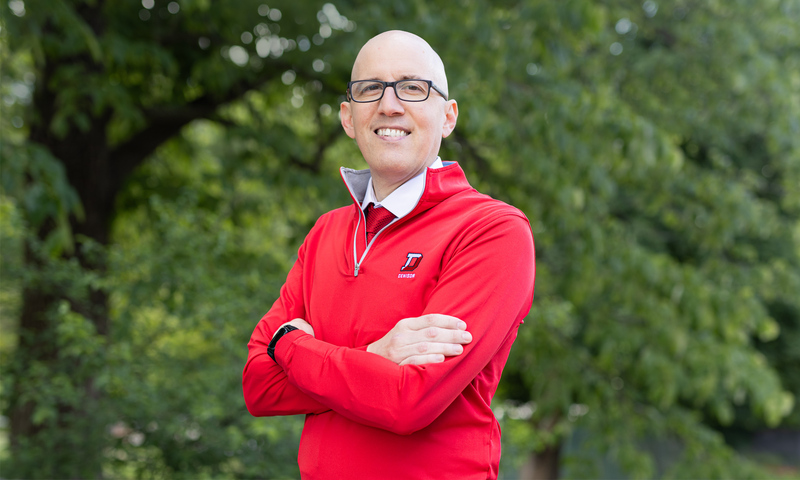How to Write a Statement of Purpose for English Grad School Apps
The “Statement of Purpose” (a.k.a. the “Personal Statement” or “Academic Statement) is a standard requirement for most graduate school applications, and it can make or break an application. Yet few people know how to write one well. Here are some do’s and don’ts for writing a Statement of Purpose:
Do:
Articulate a clear research agenda: Identify the historical period, the tradition (American, British, postcolonial, women’s lit, LGBT lit etc.), and theoretical approach(es) you intend to study. And within that larger focus, articulate a particular research question you want to address. If you are accepted into the program, nobody will hold you to this research agenda once you arrive, so don’t worry about tying yourself down to a narrow research agenda. You can always change your mind. But you nevertheless need to demonstrate in your statement that you have already done some research in your chosen field and are aware of some of the current points of debate.
Discuss research you have done in the field already: Ideally, your research agenda will grow out of work you have done as an undergraduate, maybe a summer or senior research project or specific coursework you have completed, and if possible, your writing sample should reflect your stated interest. When discussing research you have done, do not simply list a paper title or two. You also need to provide an overview of the arguments you have made in a paper or two. This is an opportunity to pique your audience’s interest in original research you have already done.
Briefly explain your approach to teaching: If the program to which you are applying offers teaching opportunities, you should discuss relevant teaching experience (tutoring, teaching assistantship, writing center consultant, etc), but you shouldn’t simply list that experience. Explain what you have learned about teaching from that experience, and offer a brief statement about how that will influence your approach to teaching. If you don’t have experience, briefly explain how you would approach teaching: What would your objectives be? How might you achieve those objectives?
Highlight awards, extra-curricular activities, or other relevant achievements: Your CV will list your awards and achievements, but you can also take the opportunity to highlight them again in your statement and provide some context. For example, if you have been awarded a Summer Scholar Fellowship, you can explain the competitive application process, the proposal writing process, as well as the research project you eventually created.
Tailor your statement to each institution: Briefly explain why you have chosen to apply to that particular institution, and be specific. Maybe they have several faculty who work in your field or on similar research questions. Name the faculty member(s) you’d like to work with and explain why. Maybe they host an annual conference focused on your research area. Maybe the university hosts an archive for an author or subject you want to work on.
Don’t
Do not talk about your childhood: This is the most common mistake made in Statements of Purpose. The admissions committee does not want to know about your childhood love of reading. They want to know what you have done as a college student or in your adult life to prepare for the rigors of graduate school.
Do not use the word “love” or similar language: Effusive language like “love” undermines your intellectual credibility. The statement is as much a demonstration of your writing ability as it is of your experience, so you need to demonstrate that you have a handle on academic discourse and tone.
Do not simply list your experience and achievements: Your CV will list these things. The statement, by contrast, is an opportunity to tell a story about your experience and achievements. Your goal is to make your experience come alive to your reader by fleshing out the exciting details of that experience.
Do not gratuitously flatter the institution: Don’t gush about the prestige of the program or the faculty or identify those things as reasons for applying. Instead, as suggested above, point to one or two unique aspects of the institution to explain your reasons for applying.

